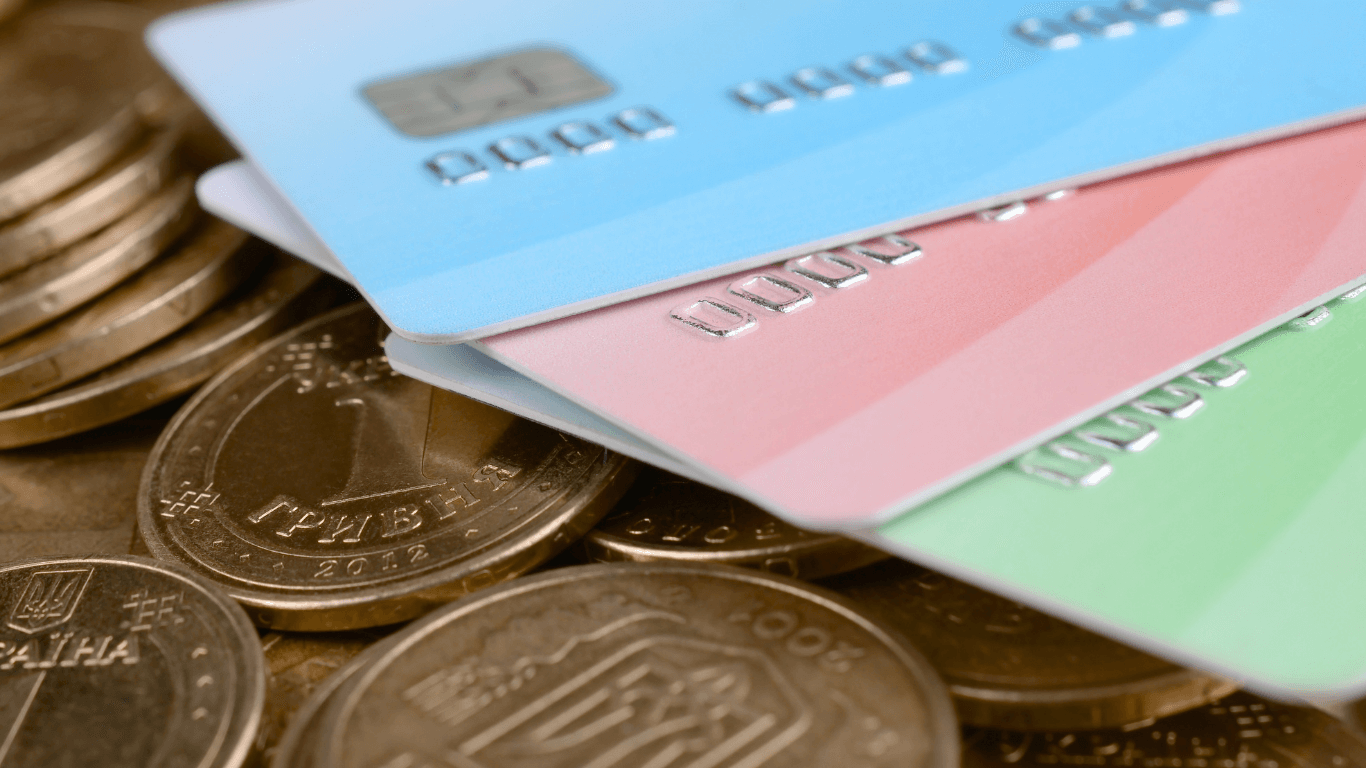A question we frequently hear is “Why would I want to do a balance transfer?” A balance transfer is moving your balance from one credit card to another. There are both pros and cons to doing a balance transfer. It may be a good move as long as the new card has a lower interest rate, but it could also cause you to have more problems with debt.
A Lower Interest Rate
A card with a lower interest rate can save you quite a bit of money on interest, which can help you to pay your balance down faster. This is especially helpful if you are currently paying a high-interest rate on the balance you’re carrying. If you’re able to consolidate multiple cards onto one card, it can be helpful to only have to worry about one bill.
Many credit card companies offer an introductory rate of 0 percent on balance transfers for a period of time, which could be for a few months or may be for a year or more. Transferring your balance to this type of card means that everything you pay toward the bill is helping to reduce the balance as long as you’re not continuing to borrow more money. It can also be helpful to have just one payment if you are carrying a balance on more than one card.
Things to Consider About a Balance Transfer
Make sure you read the fine print, because a balance transfer may have a fee of 3 to 5 percent. If you’re transferring $6,000 and the transfer fee is 3 percent, you’ll pay a fee of $180, and if it’s 5 percent, you’ll pay a fee of $300. When you apply for a new card at 0 percent interest, the limit that you have available to borrow may be lower than the total amount you owe.
Check to see how long the low-interest rate applies. It’s important to know when the promotional period ends and what interest rate you’ll be paying after that. Since the age of your accounts is a factor in your credit score, it’s a good idea to leave the old card open but have a plan to pay back your debt rather than continuing to borrow on the old card.
Qualifying for a Balance Transfer Card
In most cases, qualifying for the best balance transfer cards requires excellent credit. Work on being proactive about your credit score by always paying your bills on time and by keeping the amount you borrow on revolving accounts at less than 30 percent. Other factors that are considered in calculating your credit score include the age and mix of your accounts and the number of new accounts or recent inquiries on your credit.
Making sure your credit report is accurate is another important part of being proactive about your credit. Dovly is an AI credit engine that can work with credit bureaus on your behalf to correct any errors you find on your credit report. Try it risk-free with our free membership tier. Contact Dovly today.



